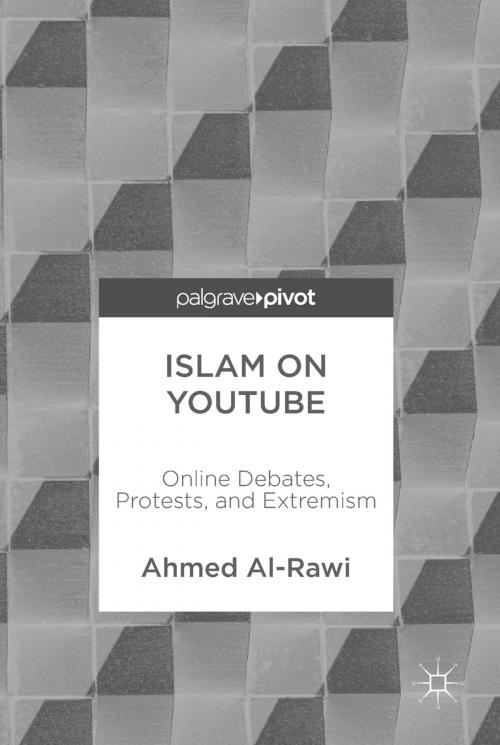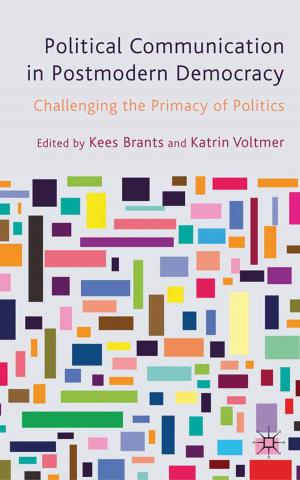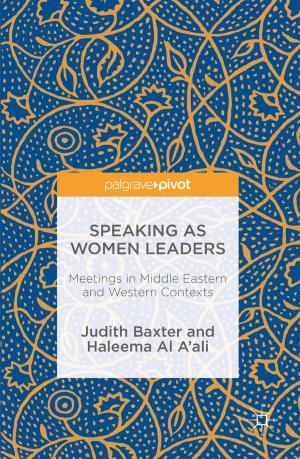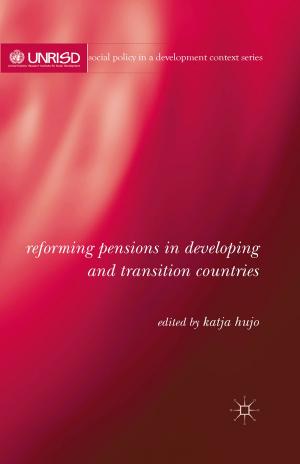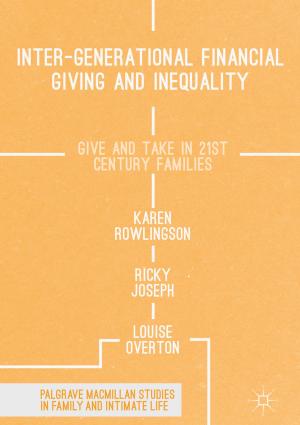Islam on YouTube
Online Debates, Protests, and Extremism
Nonfiction, Religion & Spirituality, Middle East Religions, Islam, Social & Cultural Studies, Social Science| Author: | Ahmed Al-Rawi | ISBN: | 9781137398260 |
| Publisher: | Palgrave Macmillan UK | Publication: | October 10, 2017 |
| Imprint: | Palgrave Macmillan | Language: | English |
| Author: | Ahmed Al-Rawi |
| ISBN: | 9781137398260 |
| Publisher: | Palgrave Macmillan UK |
| Publication: | October 10, 2017 |
| Imprint: | Palgrave Macmillan |
| Language: | English |
This book offers empirical insight into the way Muslims reacted online towards various controversial issues related to Islam. The book examines four cases studies: The Muhammed’s cartoons, the burning of the Quran controversies, Fitna and the Innocence of Muslims’ films. The issues of online religion, social movements and extremism are discussed, as many of the cases in question created both uproar and unity among many YouTubers. These case studies – in some instances – led to the expression of extremist views by some users, and the volume argues that they helped contribute to the growth of extremism due to the utilization of these events by some terrorist groups in order to recruit new members. In the concluding chapter, social network and sentiment analyses are presented in order to investigate all the collected comments and videos, while a critical discussion of freedom of expression and hate speech is offered, with special regards to the growing online influ
ence of far right groups and their role in on-going YouTube debates.
This book offers empirical insight into the way Muslims reacted online towards various controversial issues related to Islam. The book examines four cases studies: The Muhammed’s cartoons, the burning of the Quran controversies, Fitna and the Innocence of Muslims’ films. The issues of online religion, social movements and extremism are discussed, as many of the cases in question created both uproar and unity among many YouTubers. These case studies – in some instances – led to the expression of extremist views by some users, and the volume argues that they helped contribute to the growth of extremism due to the utilization of these events by some terrorist groups in order to recruit new members. In the concluding chapter, social network and sentiment analyses are presented in order to investigate all the collected comments and videos, while a critical discussion of freedom of expression and hate speech is offered, with special regards to the growing online influ
ence of far right groups and their role in on-going YouTube debates.
